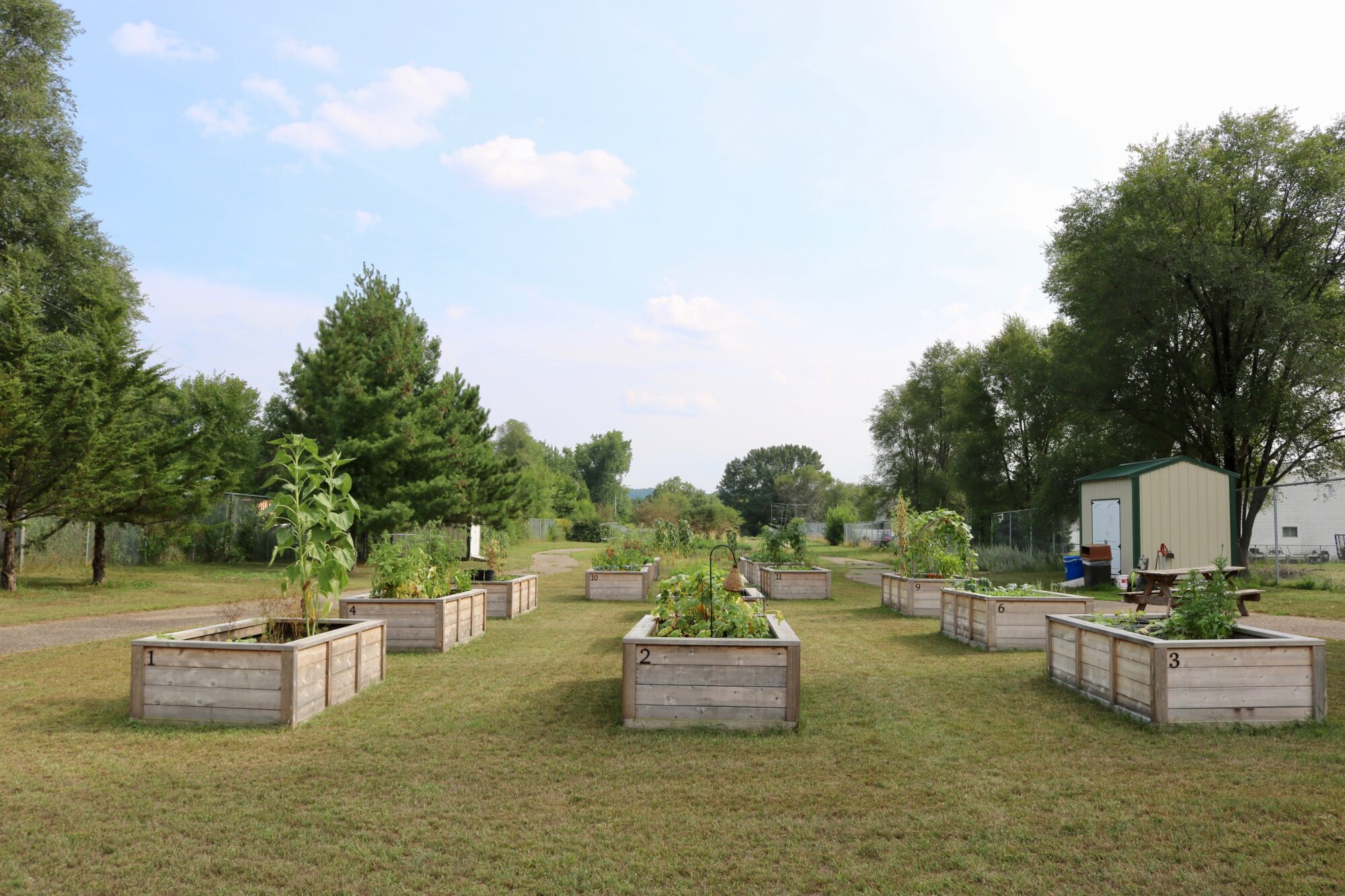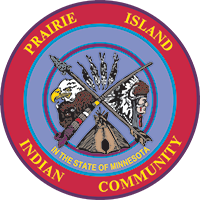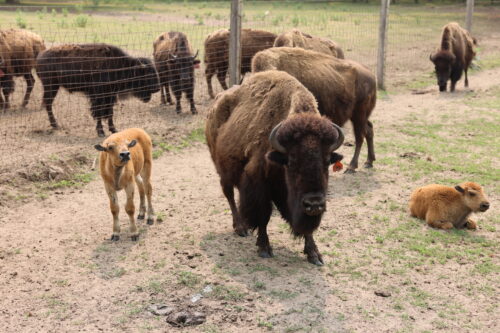Decolonizing Our Palate

Tribes lost so much more than control of our land when European settlers moved west, we lost many of our traditional foods and ways to nourish and protect our bodies. Poverty, the extermination of the buffalo, and the forced introduction of a westernized diet has resulted in myriad health issues for our people.
Food is medicine for the body, mind, and spirit. And what many of us have been eating for years is making us sick rather than healthy.
Heart disease. Diabetes. Obesity. Our people face abnormally high rates of these diseases.
Increasingly, Native people are recognizing the need to decolonizing our palate and return to traditional foods.
Food Sovereignty
Regaining control of our food systems is integral to our future generations and at the heart of our food sovereignty on Prairie Island.
While we officially launched a food sovereignty initiative in 2019, bringing back traditional foods to our people started well before that, with the beginning of our buffalo herd in the 1990s.
Our program aims to create a sustainable food system for our community through gathering native foods that grow on Prairie Island, producing our own healthy foods, and teaching our members the native way of cooking.
Gathering Native Foods
An essential element of our food sovereignty efforts is making the most of the wild indigenous foods and medicines that grow on Prairie Island. Through our land restoration projects, we’ve been able to increase the availability of these naturally growing foods and medicines, including berries, syrup, sage, and sweetgrass.
Producing Healthy Foods
Through our community and family gardens, and greenhouse, we are helping members grow their own healthy produce and fruit. These fresh foods are supplemented with monthly allocations of bison meat from our buffalo herd.
Educating Members
Making healthier foods available to our members is only part of the solution, we’re also teaching members how to prepare that food in healthier ways. Our native cooking classes teach members how to prepare diabetic-friendly and heart-healthy meals. We’ve also partnered with The Sioux Chef, Sean Sherman, a highly acclaimed chef and fierce advocate for increasing food sovereignty among his Native relatives, to help our members realize that healthy eating can be fun and satisfying.

Community Gardening
Sharing is inherent to the Dakota culture and who we are as Native people. Our community gardens continue to provide us with a great opportunity to demonstrate that value.
Not only does the food we grow help nourish our Tribal members and their families, but we are also able to share excess produce and fruit with our neighbors. In 2021, more than 1,000 pounds of indigenous squash grown in our community gardens was donated to local food shelves and the Elders Food Program at the American Indian Center. It’s a special blessing to know that we helping to feed others through our efforts.
Our Elders’ Garden features more than 30 native species with cultural/medicinal uses and 20 native prairie species that support pollinators and improve the soil. Our Community Garden plays an integral role in our food sovereignty project and is leading to healthier food options for our members. The garden offers more than 15 planting beds for use by members. In addition to feeding families, the produce raised in the garden is donated to our Elders at Tinta Wita Tipi and used to teach members about native cooking.




